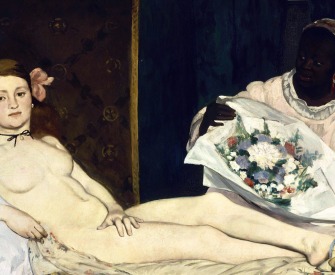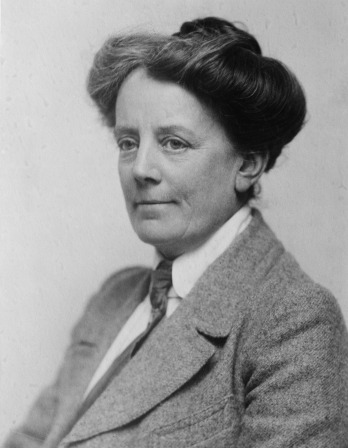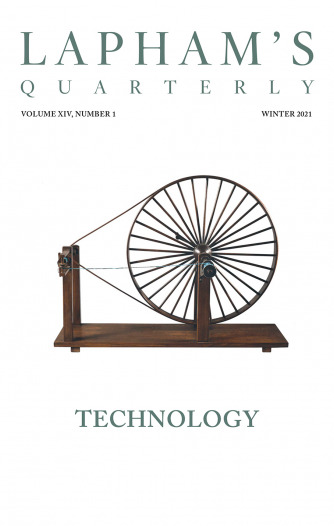Dear Friend,
In my last, I made a sort of running commentary upon thy views of the appropriate sphere of woman, with something like a promise that in my next, I would give thee my own.
The investigation of the rights of the slave has led me to a better understanding of my own. I have found the antislavery cause to be the high school of morals in our land—the school in which human rights are more fully investigated, and better understood and taught, than in any other. Here a great fundamental principle is uplifted and illuminated, and from this central light, rays innumerable stream all around. Human beings have rights, because they are moral beings: the rights of all men grow out of their moral nature; and as all men have the same moral nature, they have essentially the same rights. These rights may be wrested from the slave, but they cannot be alienated: his title to himself is as perfect now as is that of Lyman Beecher: it is stamped on his moral being and is, like it, imperishable. Now, if rights are founded in the nature of our moral being, then the mere circumstance of sex does not give to man higher rights and responsibilities than to woman. To suppose that it does would be to deny the self-evident truth that the “physical constitution is the mere instrument of the moral nature.” To suppose that it does would be to break up utterly the relations of the two natures, and to reverse their functions, exalting the animal nature into a monarch, and humbling the moral into a slave; making the former a proprietor, and the latter its property. When human beings are regarded as moral beings, sex, instead of being enthroned upon the summit, administering upon rights and responsibilities, sinks into insignificance and nothingness. My doctrine, then, is that whatever it is morally right for man to do, it is morally right for woman to do. Our duties originate not from difference of sex, but from the diversity of our relations in life, the various gifts and talents committed to our care, and the different eras in which we live.
Thou sayest, “An ignorant, a narrow-minded, or a stupid woman cannot feel nor understand the rationality, the propriety, or the beauty of this relation”—i.e., subordination to man. Now, verily, it does appear to me that nothing but a narrow-minded view of the subject of human rights and responsibilities can induce anyone to believe in this subordination to a fallible being. Sure I am that the signs of the times clearly indicate a vast and rapid change in public sentiment on this subject. Sure I am that she is not to be, as she has been, “a mere secondhand agent” in the regeneration of a fallen world, but the acknowledged equal and coworker with man in this glorious work. Then will it be seen that nothing which concerns the well-being of mankind is either beyond her sphere or above her comprehension. Then will it be seen “that America will be distinguished above all other nations for well-educated women, and for the influence they will exert on the general interests of society.”
That thou and all my countrywomen may better understand the true dignity of woman, is the sincere desire of
Thy friend,
From a letter to Catharine Beecher. Born into a conservative plantation-owning family in Charleston, South Carolina, Grimké in 1829 followed her elder sister Sarah to Philadelphia, where she had moved in 1821. The sisters converted to Quakerism and joined the Philadelphia Female Anti-Slavery Society. In 1835 Angelina wrote a letter to William Lloyd Garrison, editor of the weekly abolitionist newspaper the Liberator, praising his steadfastness in the face of recent proslavery riots in Boston. “The ground upon which you stand is holy ground,” she wrote. “Never—never surrender it.”
Back to Issue




